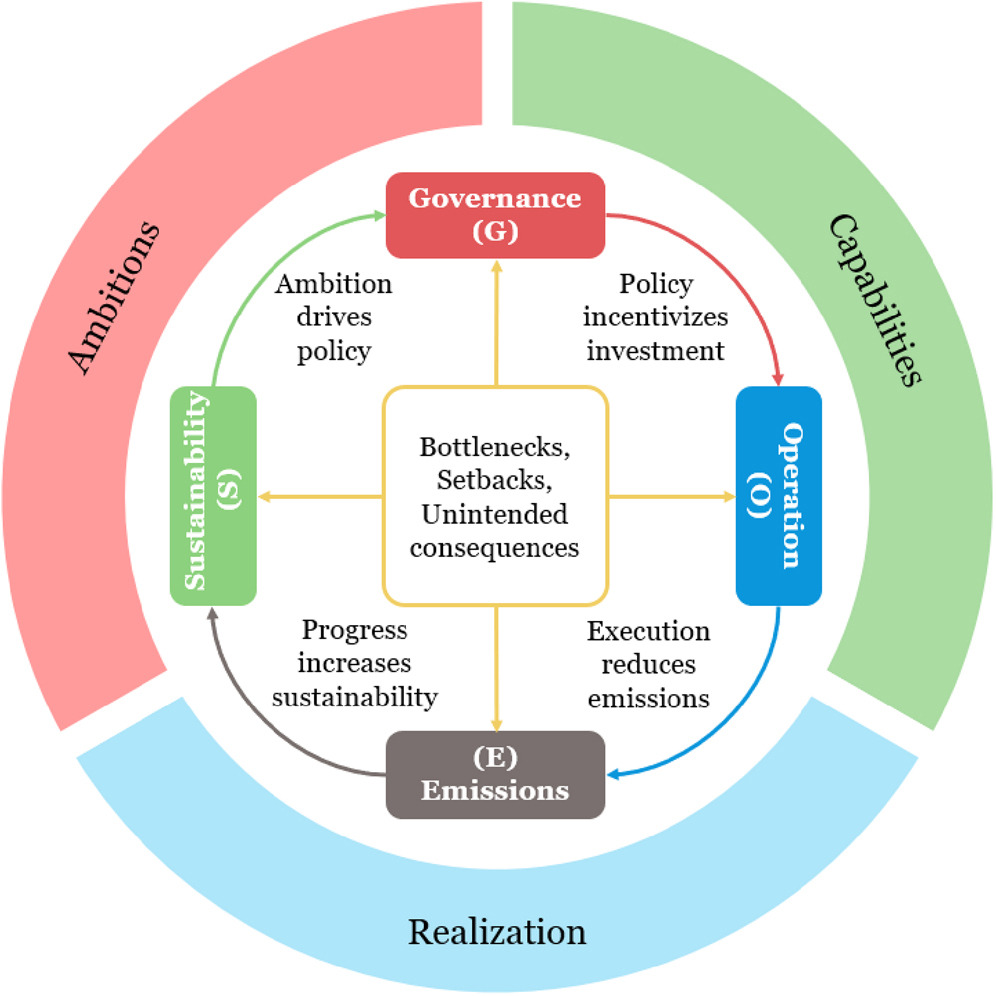Elsevier, Transportation Research Part A: Policy and Practice, Volume 155, January 2022
Mobility as a Service (MaaS) is a recent concept that is gaining momentum in both the scientific world and the private sector. First studies and field trials – essentially conducted in developed countries – suggest that MaaS can influence people's mobility behavior and create more efficient and sustainable transport systems for the future. We intend to contribute to the existing knowledge about MaaS by extending the scope to the context of developing countries where MaaS could be a potential strategy to address existing transport problems.
Elsevier, Chest, Volume 161, January 2022
Background: Ozone effects on lung function are particularly important to understand in the context of the air pollution-health outcomes epidemiologic literature, given the complex relationships between ozone and other air pollutants with known lung function effects. Research Question: What has been learned about the association between ozone exposures and lung function from epidemiology studies published from 2013 through 2020?
Elsevier, Journal of Thoracic Oncology, Volume 17, January 2022
Screening with low-dose computed tomography of high-risk individuals with a smoking history reduces lung cancer mortality. Current screening guidelines and eligibility criteria can miss more than 50% of lung cancers, and in some geographic areas, such as East Asia, a large proportion of the missed lung cancers are in never-smokers. Although randomized trials revealed the benefits of screening for people who smoke, these trials generally excluded never-smokers. Thus, the feasibility and effectiveness of lung cancer screening of individuals who never smoked are uncertain.
Elsevier, The Lancet Planetary Health, Volume 6, January 2022
Background: Long-term exposure to ambient air pollution has been associated with premature mortality, but associations at concentrations lower than current annual limit values are uncertain. We analysed associations between low-level air pollution and mortality within the multicentre study Effects of Low-Level Air Pollution: A Study in Europe (ELAPSE).
Elsevier, The Lancet Planetary Health, Volume 6, January 2022
Background: Climate change and air pollution are two major societal problems. Their complex interplay calls for an advanced evaluation framework that can support decision making. Previous assessments have looked at the co-benefits of climate policies for air pollution, but few have optimised air pollution benefits. In our study, we lay out a modelling framework that internalises air pollution's economic impacts on human mortality, while considering climate constraints and aerosol feedback.
Elsevier, iScience, Volume 25, 21 January 2022
Mitigating and adapting to climate change requires decarbonizing electricity while ensuring resilience of supply, since a warming planet will lead to greater extremes in weather and, plausibly, in power outages. Although it is well known that long-duration outages severely impact economies, such outages are usually not well characterized or modeled in grid infrastructure planning tools. Here, we bring together data and modeling techniques and show how they can be used to characterize and model long-duration outages.
Elsevier, iScience, Volume 25, 21 January 2022
A growing number of governments are pledging to achieve net-zero greenhouse gas emissions by mid-century. Despite such ambitions, realized emissions reductions continue to fall alarmingly short of modeled energy transition pathways for achieving net-zero. This gap is largely a result of the difficulty of realistically modeling all the techno-economic and sociopolitical capabilities that are required to deliver actual emissions reductions.
Elsevier,
Journal of Responsible Technology, Volume 9, April 2022, 100024
A study of the risks from emerging technologies, such as artificial intelligence, and their disproportionate impact on particularly vulnerable individuals or groups in a community. The authors identify and map types of harms or injustices experienced in the digital space to understand how they are translated into rights violations by adjudicative bodies. Racial structural injustice is one aspect of the research.


